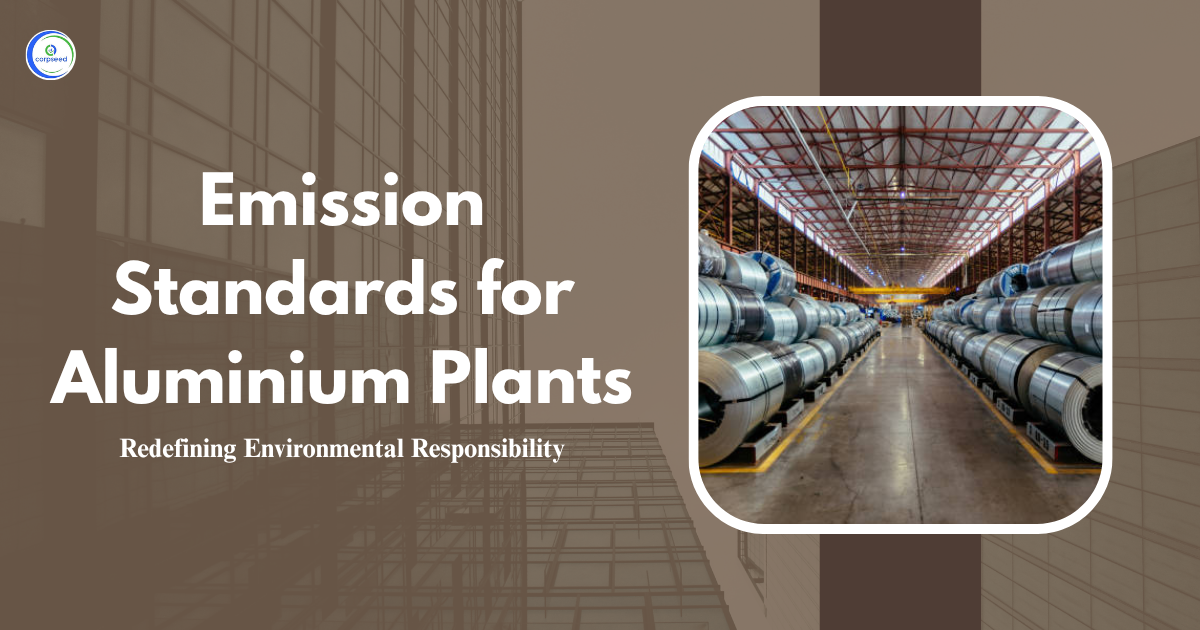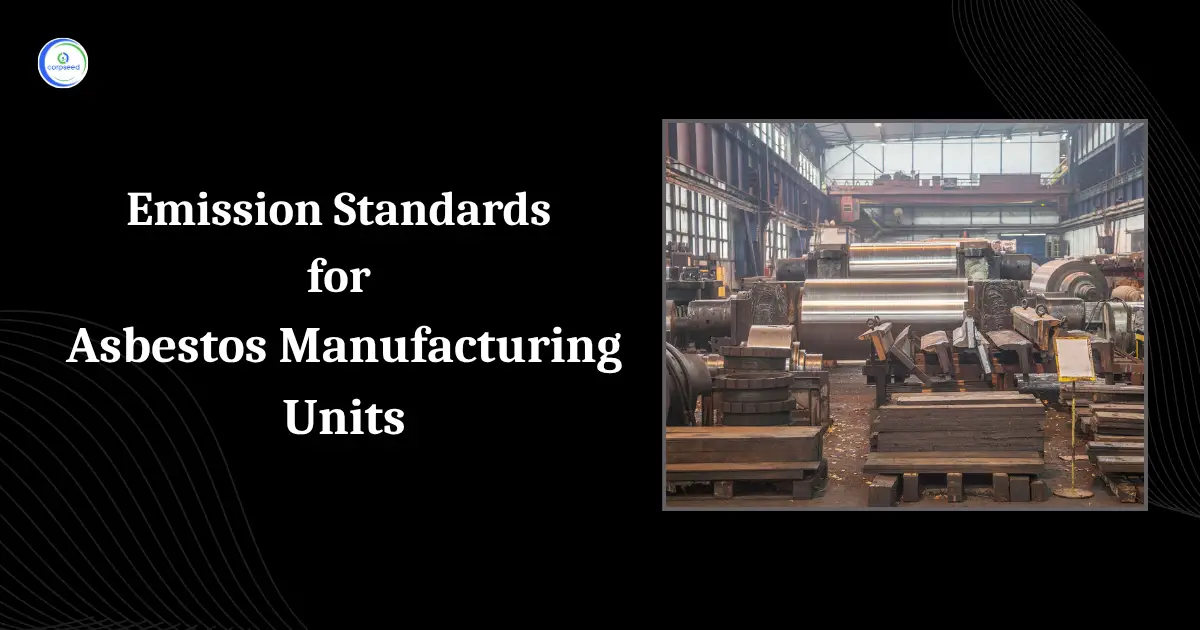India’s electronics manufacturing industry is on the rise, and the demand for Printed Circuit Boards (PCBs) has never been higher. PCBs are the pillar of all electronic devices, from smartphones and computers to automotive electronics and industrial machinery. If you are an entrepreneur or business that wants to take advantage of this growing market, investing in a PCB manufacturing plant can be a profitable venture. However, it needs careful planning, strict adherence to environmental and labour regulations, and a clear understanding of licenses and approvals.
Table of Contents
- Understanding the PCB Manufacturing Process
- Importance of PCB Manufacturing Plant Setup
- Licenses and Registrations Required for PCB Manufacturing Plant Setup
- Environmental Compliance for PCB Plants
- Labour and Occupational Health & Safety Compliance
- Estimating Setup Costs and Timelines
- Cost Breakdown
- Timeline
- Conclusion
Understanding the PCB Manufacturing Process
Before diving into the setup essentials, it’s important to understand what PCB manufacturing involves. Each of these measures includes handling chemicals that produce waste, making environmental compliance a critical concern. The process generally includes several stages:
- Design and Layout: Creating the circuit design using CAD software.
- Printing the PCB Layout: Transferring the design onto a copper-clad board.
- Etching: Removing unwanted copper using chemicals to reveal the circuit pattern.
- Drilling: Creating holes for mounting components.
- Plating and Coating: Applying protective layers and finishes to prevent oxidation.
- Testing: Checking the functionality of the manufactured boards.
Importance of PCB Manufacturing Plant Setup
Establishing a dedicated PCB manufacturing plant is important to enter the growing electronics market. A well-planned plant ensures quality production, regulatory compliance, and cost efficiency, which are crucial for business success and sustainability.
- Ensures Quality Control: Having your own manufacturing plant permits for stringent quality testing at every production stage, resulting in reliable and high-performance PCBs that fulfill industry standards.
- Regulatory Compliance and Legal Safety: Proper setup keeps your business safe from fines, legal issues, and operational shutdowns, ensuring compliance with environmental, labour, and safety regulations.
- Cost Efficiency and Profitability: A well-equipped plant enhances the production process, mitigating wastage and operational costs, which directly enhances profit margins and competitiveness.
- Faster Turnaround Time: In-house manufacturing speeds up production cycles and permits quick adjustments, allowing faster deliveries and better customer satisfaction.
- Access to Government Incentives: The establishment of a compliant plant opens the door to several government subsidies and schemes that are designed to support domestic manufacturing, ease the financial burden.
--------------Blog Contact Form-------------
Licenses and Registrations Required for PCB Manufacturing Plant Setup
Setting up a PCB manufacturing plant includes obtaining numerous licenses and registrations from central and state authorities to ensure legal and environmental compliance. Here are the key approvals you need to secure:
- Company Registration: First, register your business entity (Private Limited, LLP, etc.) with the Registrar of Companies (ROC) to establish your legal identity.
- Factory License and Local Municipal Permissions: The plant location must adhere with zoning and safety standards. You need to get a Factory license under the Factories Act, 1948 from the local factory licensing authority, ensuring the safety and welfare of workers.
- Environmental Clearance (EC): For large-scale PCB manufacturing plants, you may require Environment Clearance (EC) from the Ministry of Environment, Forest and Climate Change (MoEFCC) or the State Environmental Authority, depending on the project size and impact.
- Consent to Establish & Consent to Operate from State Pollution Control Board (SPCB): PCB manufacturing uses hazardous chemicals such as acids and solvents, so you must obtain Consent to Establish (CTE) before starting construction and Consent to Operate (CTO) after setup. This ensures your plant fulfills pollution control standards related to air emissions, wastewater discharge, and hazardous waste disposal.
- Hazardous Waste Management Authorization: If your process produces hazardous waste (e.g., spent etchants, solvents), you must have authorization under the Hazardous Waste (Management, Handling and Transboundary Movement) Rules, 2016. Proper storage, transport, and disposal plans must be submitted to SPCB.
- Fire & Safety Compliance Certificates: PCB manufacturing consist of flammable chemicals, so fire safety standards from the Fire Department must be complied with, including installation of fire extinguishers, alarms, and emergency protocols.
- GST Registration and Other Tax Compliance: Your business requires to be registered for Goods and Services Tax (GST) and comply with other tax principles applicable to manufacturing units.
Environmental Compliance for PCB Plants
Environmental compliance is one of the most crucial aspects of setting up a PCB manufacturing unit due to the chemical-intensive processes involved. Following are some fundamental environmental considerations:
- Wastewater Treatment: PCB manufacturing generates wastewater that contains heavy metals and toxic chemicals. To ensure compliance with the standards set by the SPCB, an Effluent Treatment Plant (ETP) is mandatory to treat this water before discharge.
- Air Emission Controls: Volatile organic compounds (VOCs) and other contaminants can be discharged during etching and plating. It is important to install air scrubbers or filters to reduce emissions.
- Hazardous Waste Disposal: Stringent practices for collection, storage, and disposal of hazardous waste should be followed. Many states mandate maintaining manifest systems to track waste disposal.
Labour and Occupational Health & Safety Compliance
Worker safety is utmost in PCB manufacturing due to exposure to chemicals and machinery.
- Follow Occupational Health and Safety (OHS) norms to offer personal protective equipment (PPE), training, and medical check-ups.
- Ensure compliance with the Factories Act provisions concerning working hours, breaks, and welfare facilities.
- Implement fire safety drills and emergency response plans.
- Maintain safe storage and handling procedures for chemicals to reduce risks.
Also Read: How to Start PCB Manufacturing Factory in India
Estimating Setup Costs and Timelines
Setting up a PCB manufacturing plant needs investment in infrastructure, machinery, and compliance systems.
Cost Breakdown
- Land and Building: Depending on location, this can differ widely. Industrial zones and SEZs may provide benefits.
- Machinery & Equipment: Consist of PCB fabrication machines, etching tanks, drilling machines, plating systems, and inspection tools.
- Pollution Control Equipment: Effluent treatment plants, air scrubbers, and waste management systems.
- Licensing and Consultancy: Fees for securing licenses, legal support, and environmental consultancy.
- Working Capital: Raw materials, labour costs, and initial operating expenses.
Timeline
- It may take up to 3 to 6 months to obtain the necessary license (CTE, CTO, factory license) depending on the state and completeness of the applications.
- Procurement of machinery and construction of plant may take an additional 6 to 9 months.
- Overall, expect approximately 9 to 12 months before the plant becomes active.
Conclusion
The PCB manufacturing sector in India is dignified for noteworthy growth, driven by the expanding electronics market and government initiatives encouraging domestic production. However, establishing a successful PCB plant needs careful obedience to environmental, labour, and safety regulations. Strategic planning around costs and timelines is also crucial to ensure smooth operations and escape regulatory delays.
Understanding the necessary licenses, pollution control standards, labour laws and financial schemes can position your PCB manufacturing business for long-term success. With thorough preparation and compliance, your manufacturing unit can function competently and profitably, helping in the growth of the India’s electronics industry.
FAQ`s
Obtain necessary licenses, secure environmental clearances, set up infrastructure and machinery, and comply with labour and safety regulations.
Profit margins typically range from 10% to 25%, depending on scale, efficiency, and market demand.
Costs vary widely but generally start from Rs. 50 lakhs to several crores, depending on plant size and equipment.
Key licenses include factory license, pollution control board consents, hazardous waste authorization, and fire safety certificates.
This portion of the site is for informational purposes only. The content is not legal advice. The statements and opinions are the expression of author, not corpseed, and have not been evaluated by corpseed for accuracy, completeness, or changes in the law.
BOOK A FREE CONSULTATION
Get help from an experienced legal adviser. Schedule your consultation at a time that works for you and it's absolutely FREE.
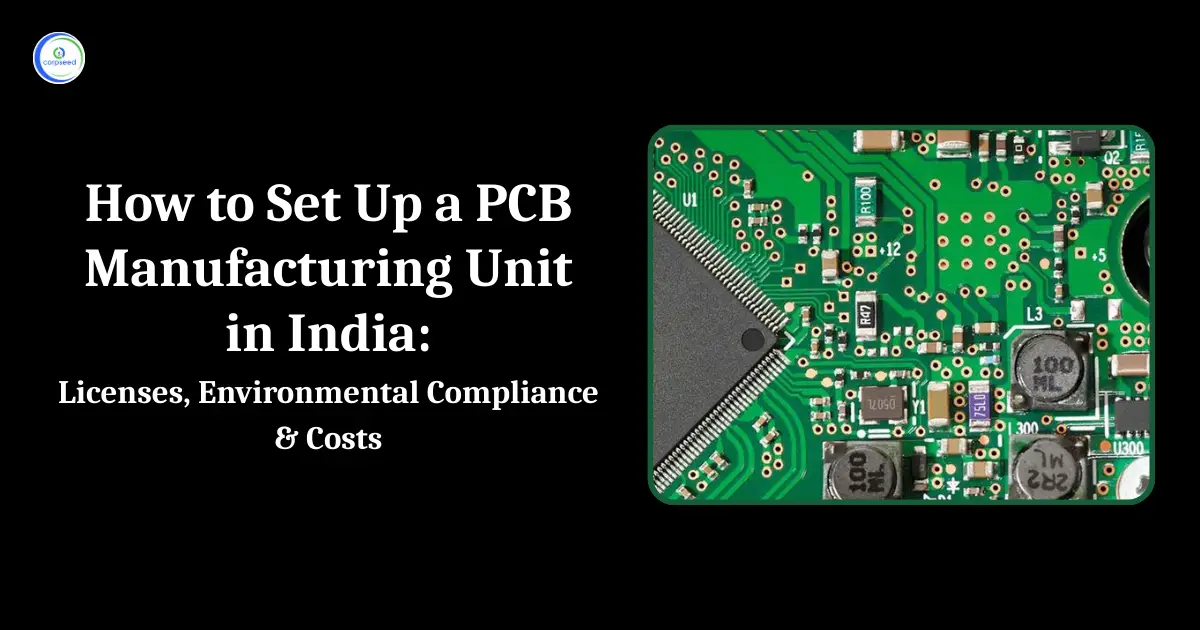

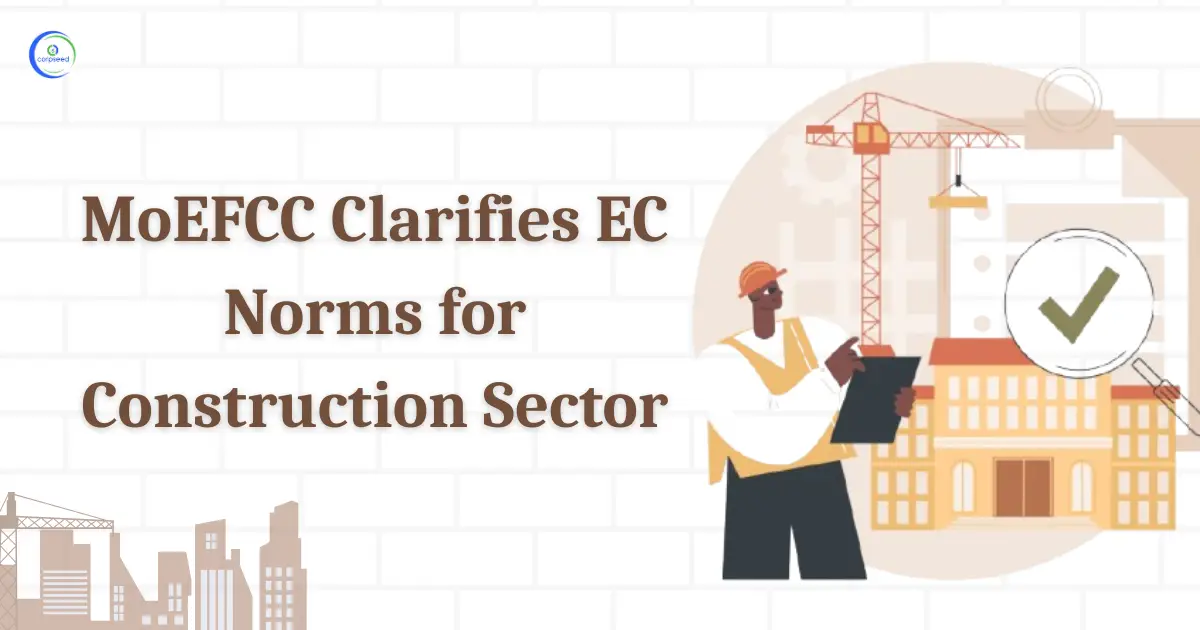

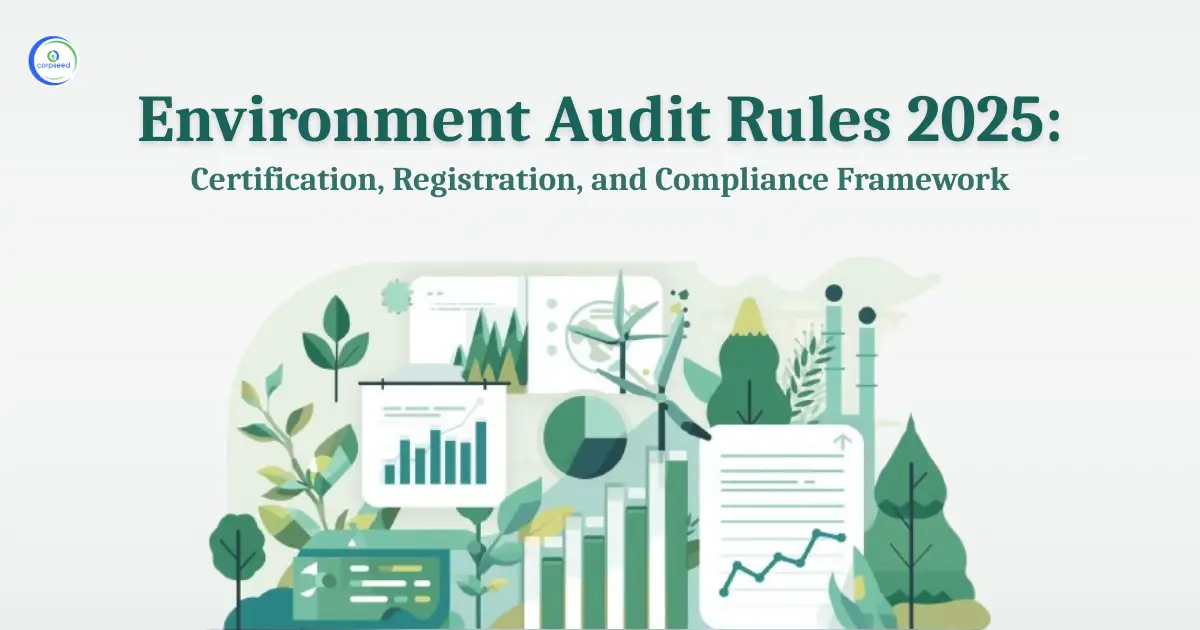
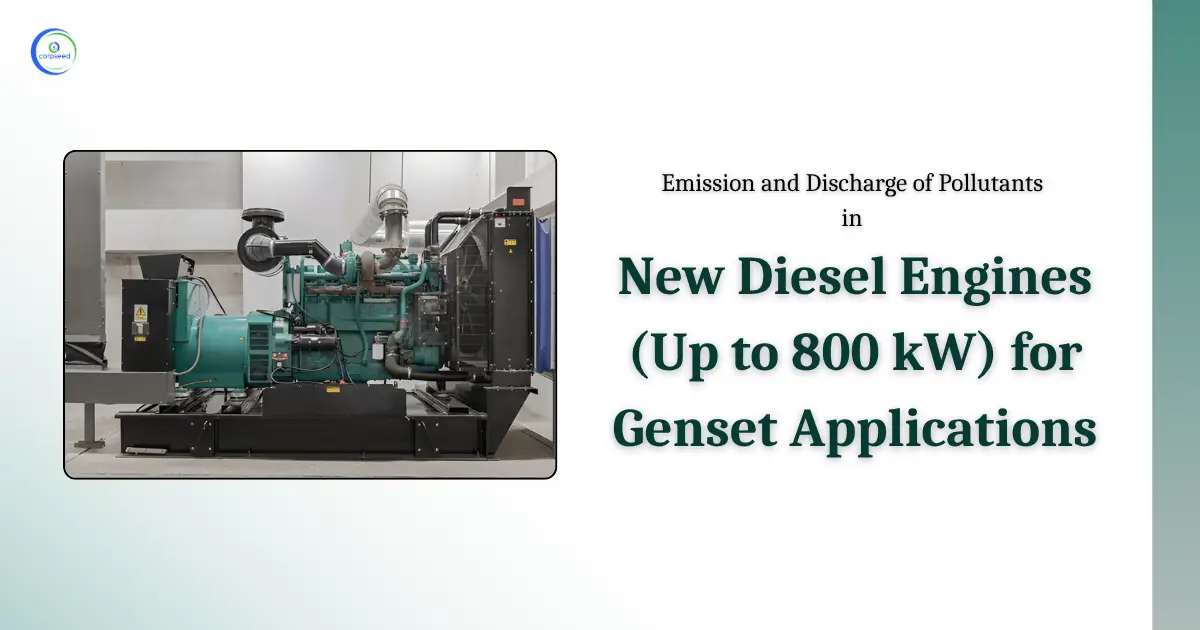
_Corpseed.webp)
.webp)
